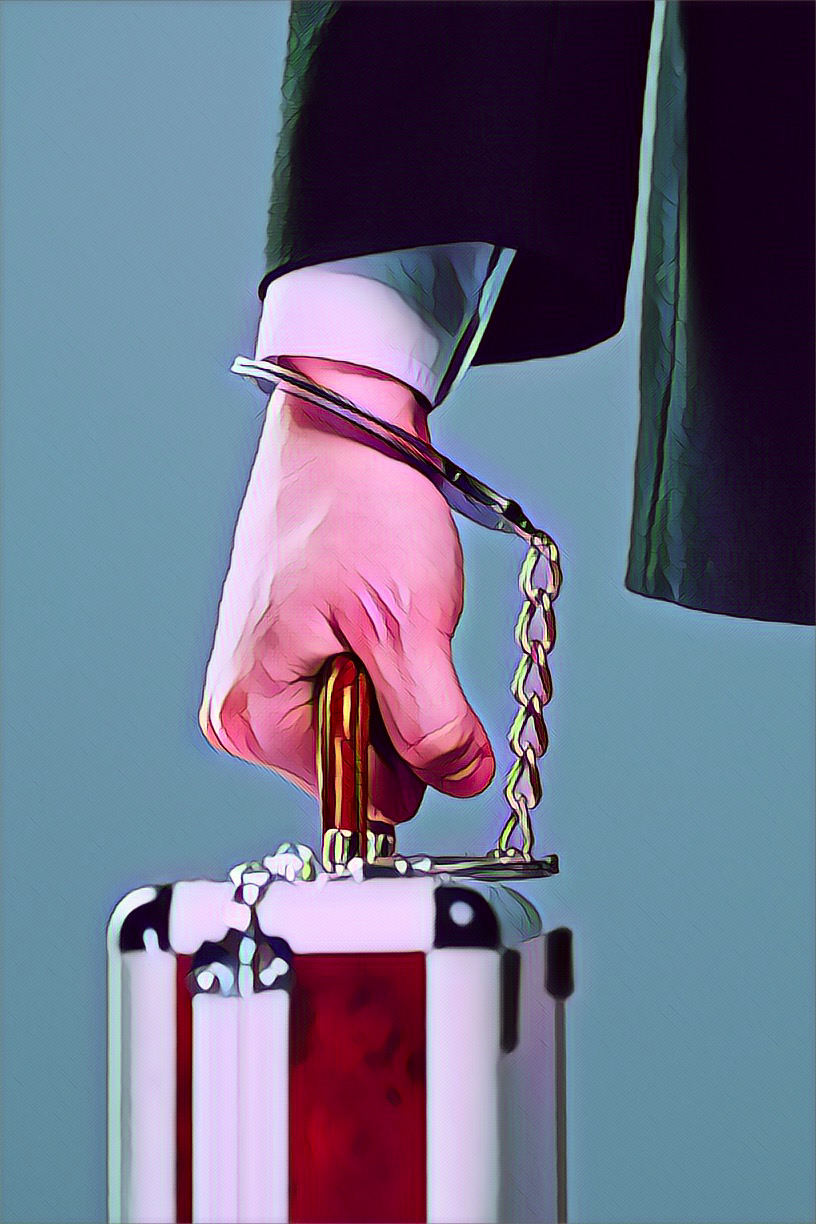The 2023 Corruption Perception Index, released by Transparency International, has once again thrown the spotlight on global corruption levels, offering a stark view of how countries around the world grapple with corruption within their public sectors. Drawing on data from thirteen different sources, the index assigns countries a score from zero to 100, reflecting their perceived level of public sector corruption.
Despite the concerted efforts of experts, including business people and academics, to compile this comprehensive report, the findings are sobering. According to a report by Graphic Online, Sub-Saharan Africa is highlighted as the region with the lowest average score, while only 28 countries have shown improvement. A worrying 90% of countries in Sub-Saharan Africa scored below 50, underscoring the region’s ongoing struggle with corruption.
In a more detailed look, democracies seem to fare better in combating corruption, with full democracies scoring an average of 73, flawed democracies 48, and non-democratic countries lagging at 32. This correlation suggests that robust democratic institutions play a crucial role in the fight against corruption.
Focusing on Ghana, the country scored 43 out of 100, placing it 70th globally and 8th in Sub-Saharan Africa. This unchanged score from previous years signals a stagnation in Ghana’s anti-corruption efforts, mirroring the country’s performance in other governance indexes. Recent surveys, including Afrobarometer’s Round 9 in 2022, echo the public’s growing concern over corruption, marking it as a significant problem alongside unemployment, economic management, and education.
As Ghana approaches the 2024 elections, the importance of tackling corruption cannot be overstated. Corruption has gradually risen to become one of the top concerns for Ghanaians, influencing their expectations of political candidates. Despite numerous pledges and the creation of anti-corruption institutions, the needle has barely moved, suggesting a need for a novel approach in deploying anti-corruption measures.
This report not only serves as a wake-up call for Ghana but also for countries across Sub-Saharan Africa, emphasizing the urgent need for innovative strategies to combat corruption more effectively. As the world watches, the question remains: Will the next cycle of political promises translate into tangible improvements, or will the status quo prevail?




